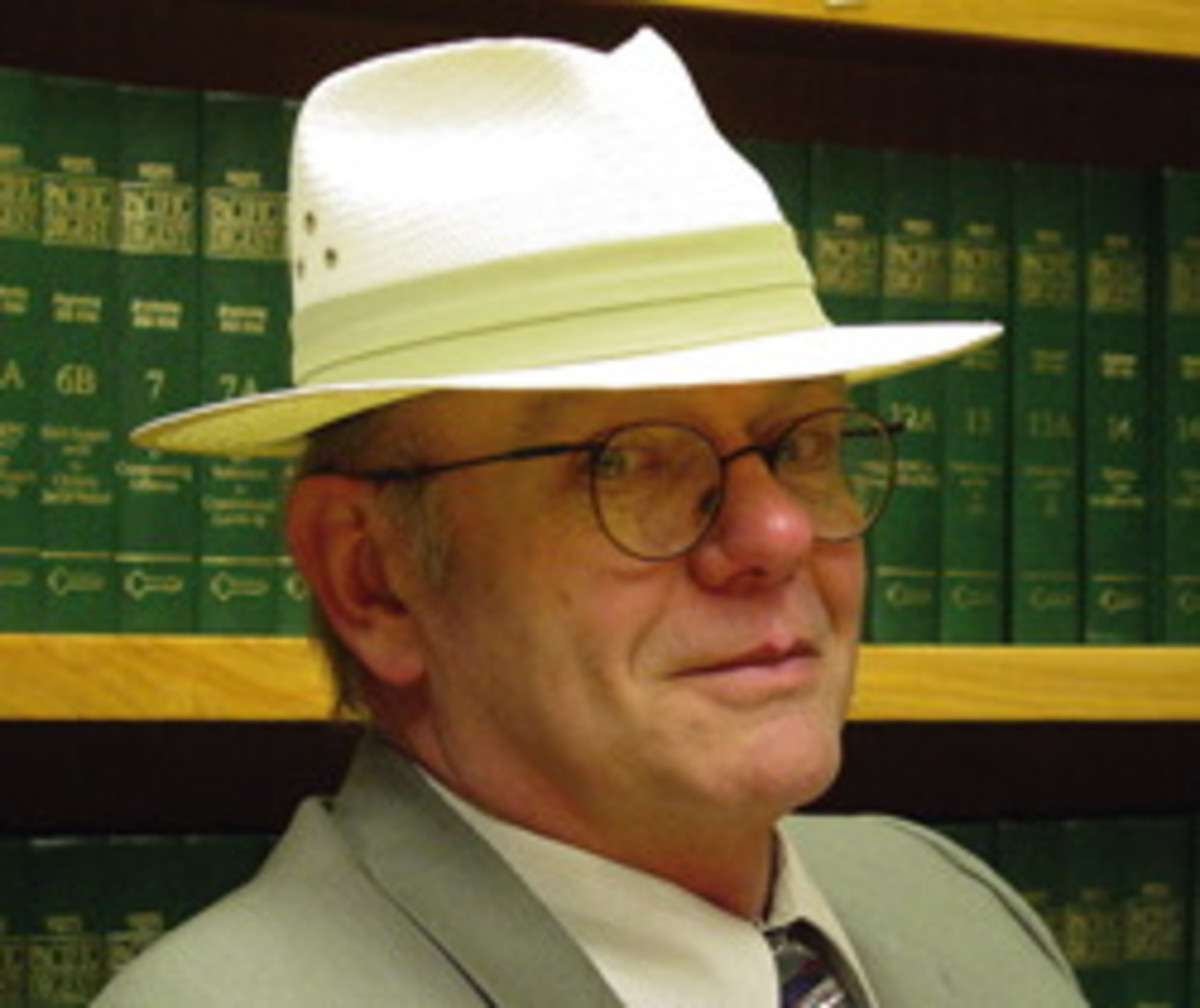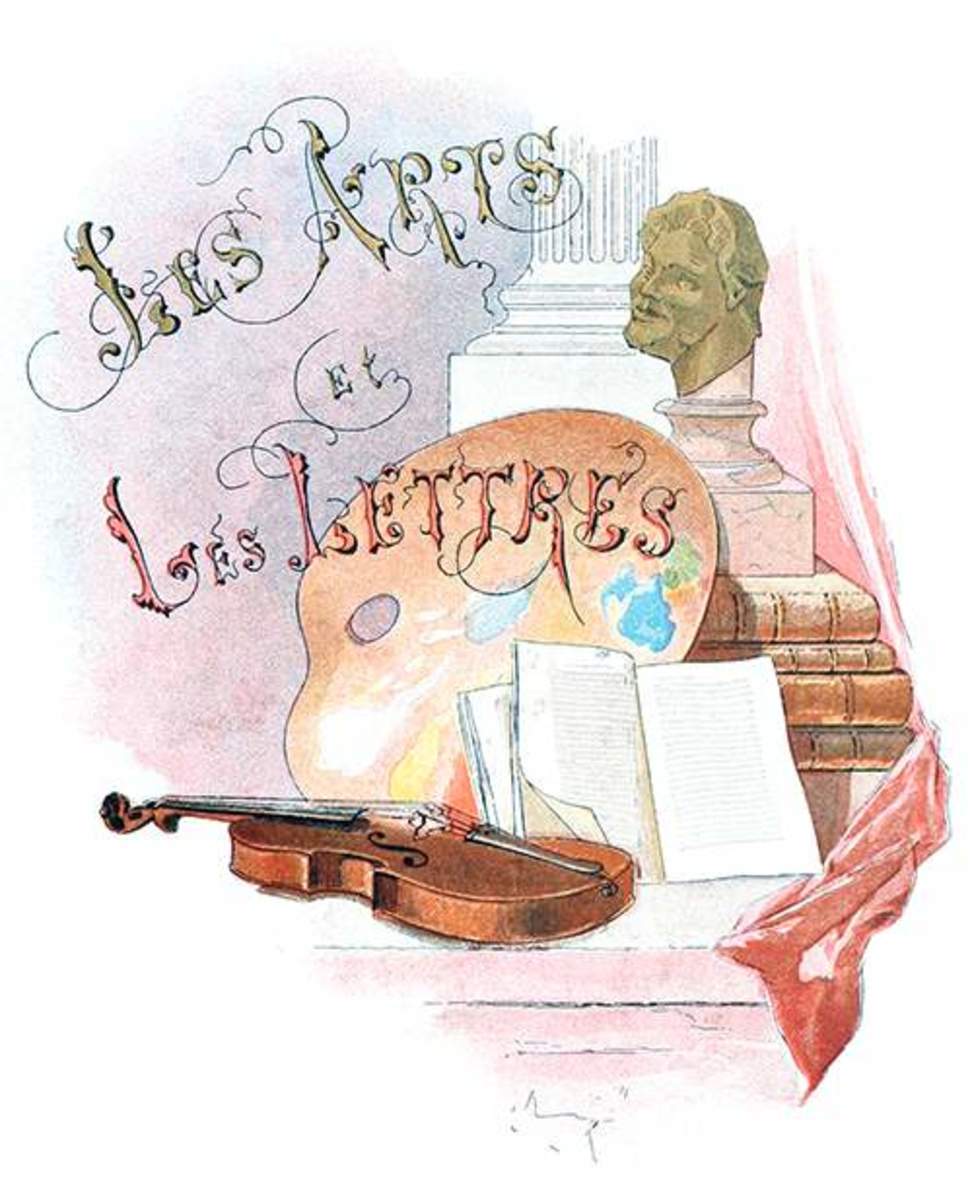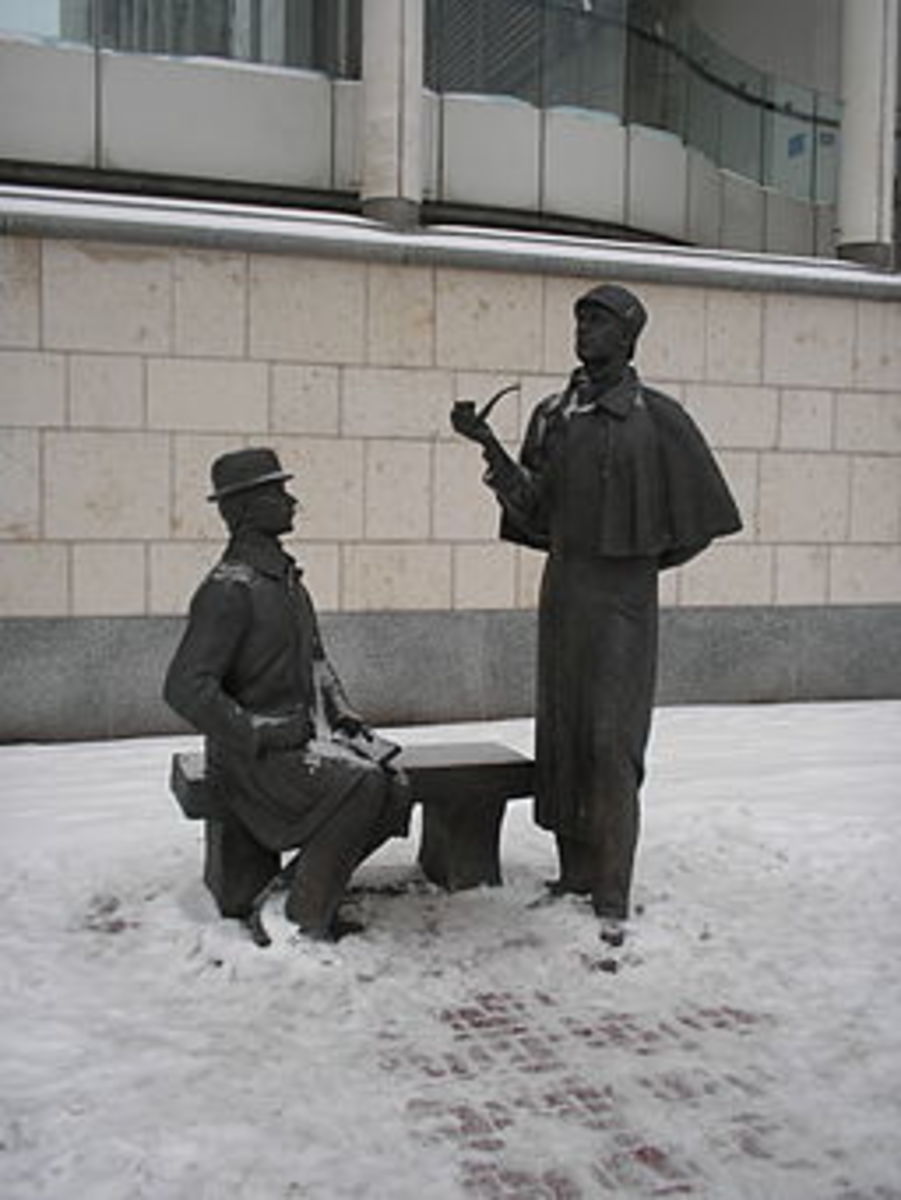Dick Francis Part Two: First Person Viewpoint Protagonists
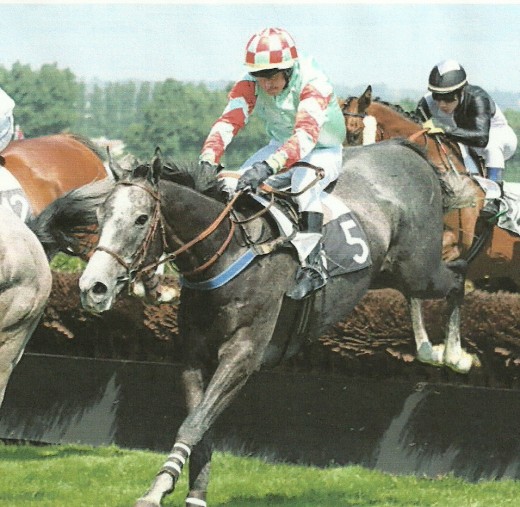
Dick Francis, the UK's master of mystery thrillers for over five decades until his death in February of 2010, quickly began producing almost a novel per year after his initial effort, Dead Cert, was a success in 1962.
Francis, first a jump jockey in England's steeplechase horse racing circles, produced two novels, Forfeit and Enquiry, in 1969, followed by two more, Rat Race and Bonecrack, in 1971. Then came Smokescreen in 1972, after the continued bestseller status of his first six titles.
From there, it was a book every year until 2000, when Francis's wife and research assistant, Mary, died in his arms.
First Person Viewpoints
The Francis productions are famous for their learning curves concerning various well-researched professions, as well as their shocking scenes of villainy, and their moral, heroic protagonists whose first person viewpoints add to their appeal.
Each novel explores the background of a different first person protagonist who is emersed in some profession that usually hooks up with a problem in the Sport of Kings -- horse racing. Some of Francis's heroes are in the horse racing field as jockeys, blood horse agents, stable managers, and the like, but others are on the outside looking in -- to something horsey that isn't right.
Although the use of first person viewpoint does challenge the writer in some ways, such as providing descriptions of the protagonist, it can also enhance the reader's interest in the character if pain, emotion, lust, and what the protagonist had for lunch are involved with very descriptive thought from the subject himself.
Francis made himself a master of first person viewpoint. Readers root for his protagonists without a second thought because they want right to eventually prevail over the deeply felt wrong generally dispatched upon them.
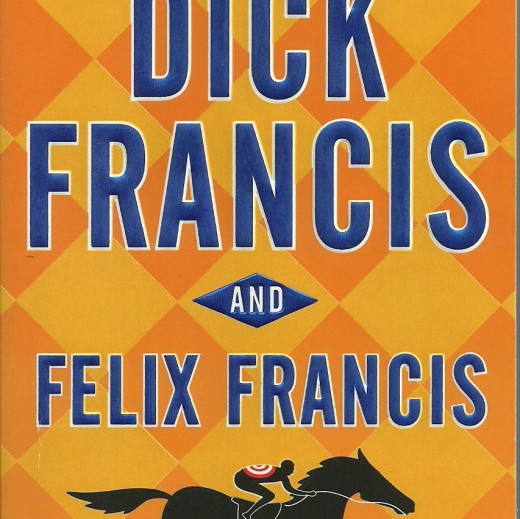
Dick Francis and Felix Francis
Francis's son Felix, who also assisted his father in the researching of Francis's 40 plus books, is carrying forward the Francis mystery tradition.
Felix Francis's name appears with his father's as co-author on the last four hoof-pounding mysteries, Dead Heat (2007), Silks (2008), Even Money (2009), and Crossfire (2010). The latest Francis novel, Gamble, is touted as "Dick Francis's Gamble by Felix Francis".
It seems Francis's assistant son is launching his own line with due respect to Dad by using his father's considerable influence to do so.
Felix Francis declares that at the age of nine he became involved in his father's writing efforts as Dead Cert debuted. "I grew up in a house where breakfast talk would be about the damage a bullet might do to a man's guts rather than the more mundane topics of everyday life," Felix Francis claims on the Francis website.
Advanced Level Physics is Felix Francis's teaching field. He schooled in Physics and Electronics at London University, and has served the Bloxham School in Oxfordshire the past seven years as its science department director.
Dick Francis's Career Successes
At the time of his death at age 89, Dick Francis had earned accolades such as the Edgar Award for mystery writers (three times), the Crime Writers Association of Great Britain 1990's Diamond Dagger Award, and Grand Master (of mystery writers) from the Mystery Writers of America.
Francis's own father was a professional steeplechase jockey and stable manager when Francis was born on October 31, 1920, in Lawrenny, south Wales. Until his death, Francis claimed his riding years were the "best years of my life", as quoted by New York Times News Service writer Marilyn Stasio in her February 17, 2010 article.
Francis raced eight times in England's Grand National Steeplechase, the UK's top event, and rode four years as jockey to the horses of the queen mother.
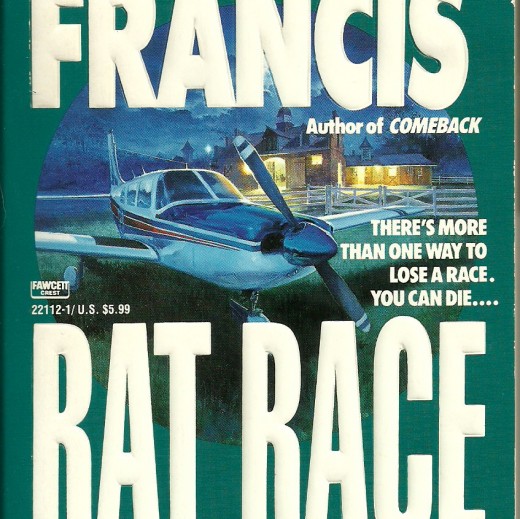
Phraseology of A First Person Protagonist
In Crossfire, the Francis protagonist is a former military man, an English infantryman with a missing foot who keeps reminding himself never to assume, always check first as he attempts to identify his (horse trainer) mother's blackmailer:
"In war, the way is to avoid what is strong and to strike at what is weak," is the advice from ancient Chinese philosopher Sun Tzu, father of battle tactics.
Forfeit explores scandal in the horse racing world. The protagonist racing reporter for a London newspaper that specializes in scandal thinks of his paper this way:
"Blowing the roof off was the number-one policy of the Sunday Blaze, bless its cold heart."
Enquiry is about a jockey barred from racing, falsely accused of throwing a race:
"The first faint indication that the sky was about to fall came when they read out a list of my previous races in which I had ridden a beaten favorite for Cranfield."
Rat Race revolves around a pilot on a gig to fly racing enthusiasts to the track:
"The forward visibility was bad, and I judged it silly to go back and wait for Nancy, because we might collide before we saw each other."
In Bonecrack the son of a stable manager is forced to take over operations after his father's accident:
"I was out through the ready left-ajar doors, and down the yarn, moving silently on rubber shoes. I heard...the doors squeak in their hinges..."
Smokescreen concerns an actor turned investigator:
"When I couldn't swallow without wincing or breathe without feeling the intaken air cut like a knife, I untied the plastic bag and poured the contents into my mouth."
All in the Read
Reading a first person viewpoint Dick Francis is like hanging onto survival on a ride along a great, swirling rapids -- tumbling, steering around surprises, thrilling, breathing fast -- in very unique, thin air.
And, oh, yes, Crossfire offered up a nice Bad Boy l-y adverb -- jokily.
- Dick Francis Jockey and Master of the Bad Boy Adverb and Bang Bang Beginnings
Great Britain's Dick Francis, jockey turned novelist, wrote bestselling thrillers for five decades. As a wordsmith, his adverbs and strings of adjectives are unique.




